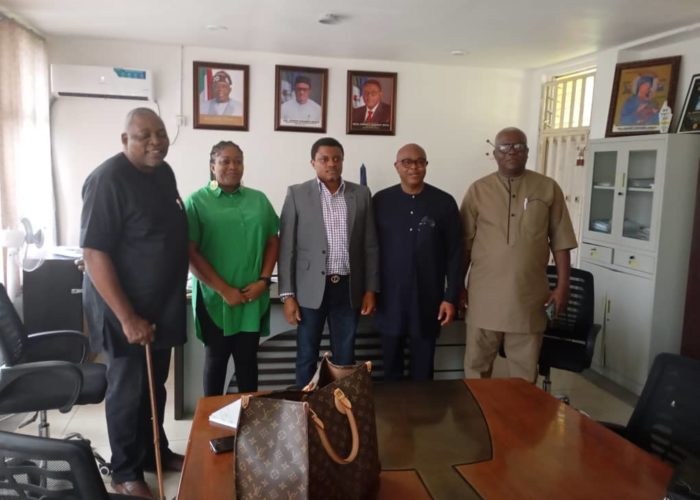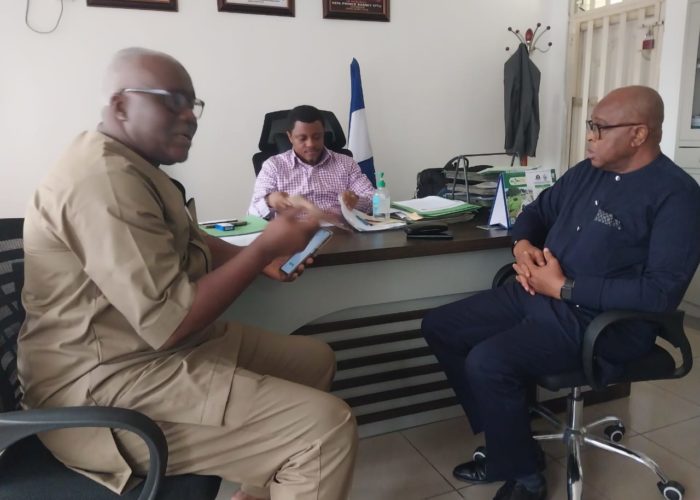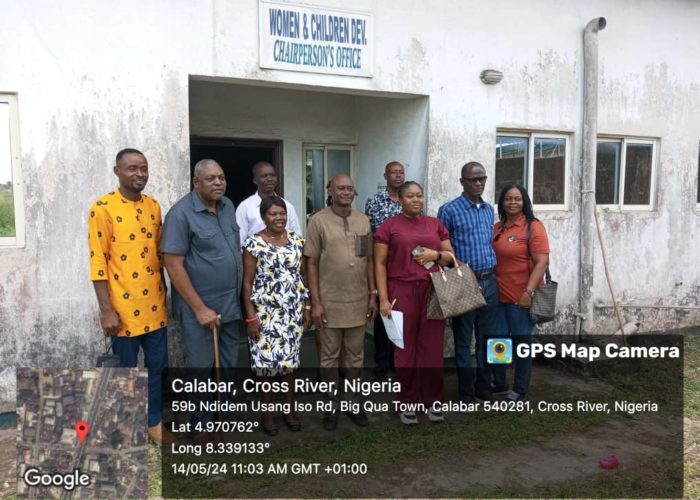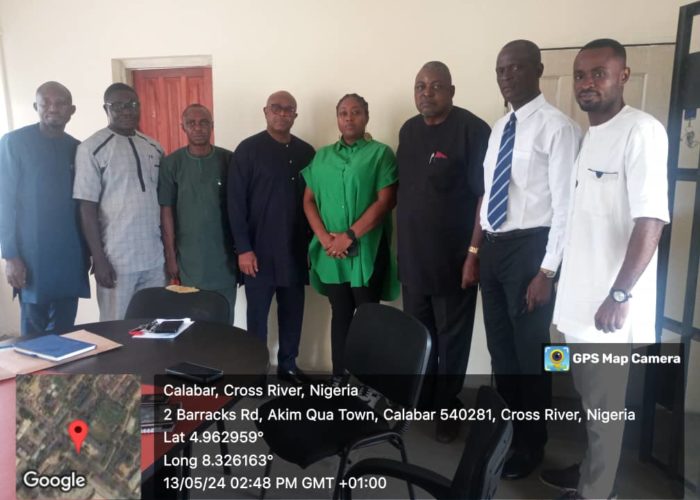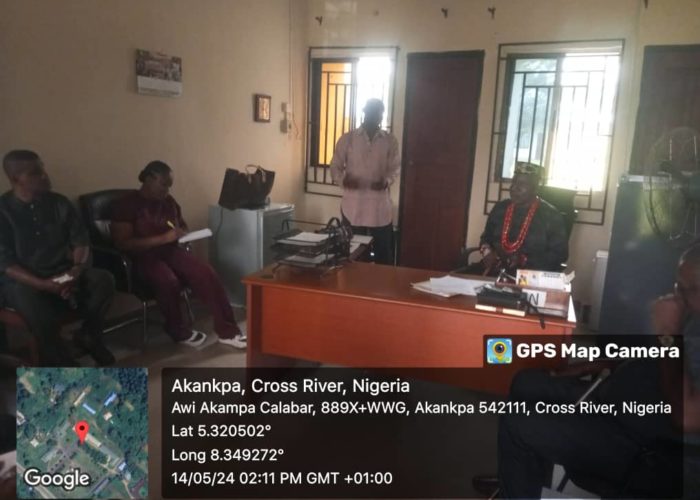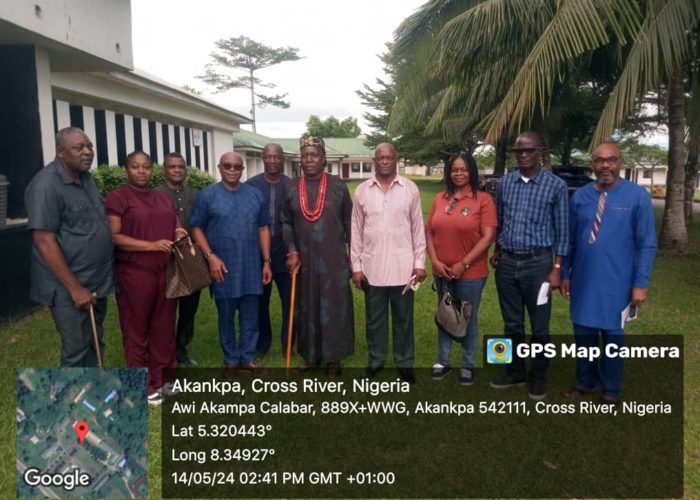The Niger Delta region faces a critical challenge: balancing economic growth with environmental protection. In response, the Foundation for Partnership Initiatives in the Niger Delta (PIND) is taking a leading role in the FAO-GEF Food Systems, Land Use Restoration (FOLUR) Impact Program. This multi-year initiative, launched in 2023, aims to transform cocoa and oil palm production systems in Cross River and Ondo states towards sustainability and resilience. The project promises to deliver environmental benefits and create a more equitable and prosperous future for the region’s farmers, particularly women.
FOLUR operates on three key pillars:
- Developing Integrated Landscape Management (ILM) Systems: This component focuses on creating sustainable farming practices that minimize environmental impact. PIND and its partners will work with local communities to develop methods that reduce deforestation, improve soil health, and promote biodiversity within cocoa and oil palm landscapes.
- Promoting Sustainable and Inclusive Cocoa and Palm Oil Value Chains: The focus is on empowering local communities, particularly smallholder farmers and small and medium enterprises (SMEs). The project will provide training and resources to improve agricultural techniques, increase access to credit, and facilitate market access for sustainably produced cocoa and palm oil. Notably, a crucial element is ensuring gender equality within the value chain. PIND will work to increase women’s land ownership and participation in all aspects of cocoa and oil palm production, processing, and marketing.
- Conservation and Restoration of Degraded Forest Ecosystems: Recognizing the alarming rate of deforestation driven by agricultural expansion, FOLUR prioritizes restoring degraded forest ecosystems. This includes planting trees, establishing forest corridors, and promoting practices that reduce pressure on existing forests.
PIND will address component two of the project, which addresses;
- Transforming cocoa and oil palm food systems in Cross River and Ondo State to enable them to become sustainable and resilient while supporting gender equality and social inclusion.
- Improved livelihoods, using a landscape approach – implemented as a subcomponent to unlock investments and transform the systems.
- Support land tenure security, emphasizing titling customary rights on smallholders’ farmland, increasing women’s access to land, and improving smallholder and SME access to credit.
- Improved access to national and global markets for sustainably produced cocoa, palm oil, and crop and income diversification.
The project targets 16 LGAs across Cross River and Ondo states, specifically focusing on regions with established cocoa and oil palm production. Akure South, Idanre, and Ondo West in Ondo, and Etung, Boki, Ikom, and Obubra in Cross River will benefit from efforts to revitalize the cocoa sector. For oil palm production, the project will directly impact farmers in Akamkpa, Akpabuyo, Biase, and Ogoja in Cross River and Ile-Oluji, Irele, Odigbo, Okitipupa, and Owo in Ondo.
PIND initiated stakeholder engagement visits to these LGAs to better understand the land ownership structure, customary rights issuance procedures, and the challenges smallholder farmers face, particularly women, in accessing land. These crucial conversations involved traditional leaders, state land allocation committees, and directors of agricultural services. Notably, PIND met with key figures like the Head of Local Governments in Akpabuyo and Akamkpa, directors of agricultural services, paramount rulers, and the committee chairperson for oil palm, cocoa, and coffee development.
The stakeholder engagement revealed valuable insights:
- Civil servants manage local governments in Cross River.
- Land ownership varies, with communities, government, and individuals holding rights.
- Land lease agreements differ between government and individual land, with tree crops like cocoa and oil palm requiring longer leases due to their longer production cycles.
- Akpabuyo and Akamkpa are major oil palm producers, with an estimated 5,000 farmers each. However, women face significant land ownership challenges. Among female oil palm farmers, only 5% own land through spousal agreements, while the remaining 15% lease or borrow land. This lack of land ownership presents a significant barrier to their full participation in the value chain.
The paramount ruler of Akamkpa pledged his community’s support for the project and offered an additional 1,000 hectares of land reclaimed from the government. This act highlights the strong commitment from local communities to achieve the project’s environmental sustainability and economic empowerment goals.
By tackling deforestation, promoting sustainable farming practices, and empowering women within the cocoa and oil palm value chains, the FOLUR Impact Program represents a significant step towards a more prosperous and sustainable future for the Niger Delta region.

